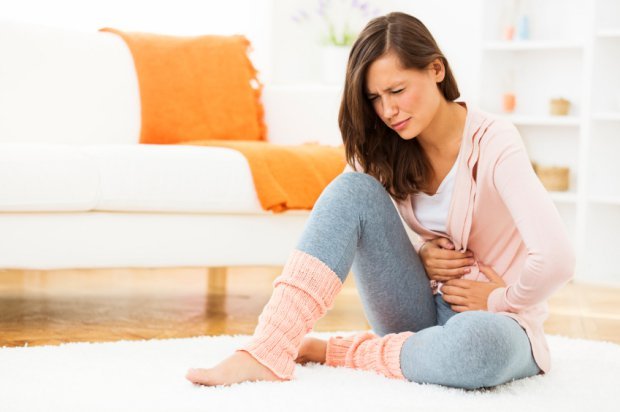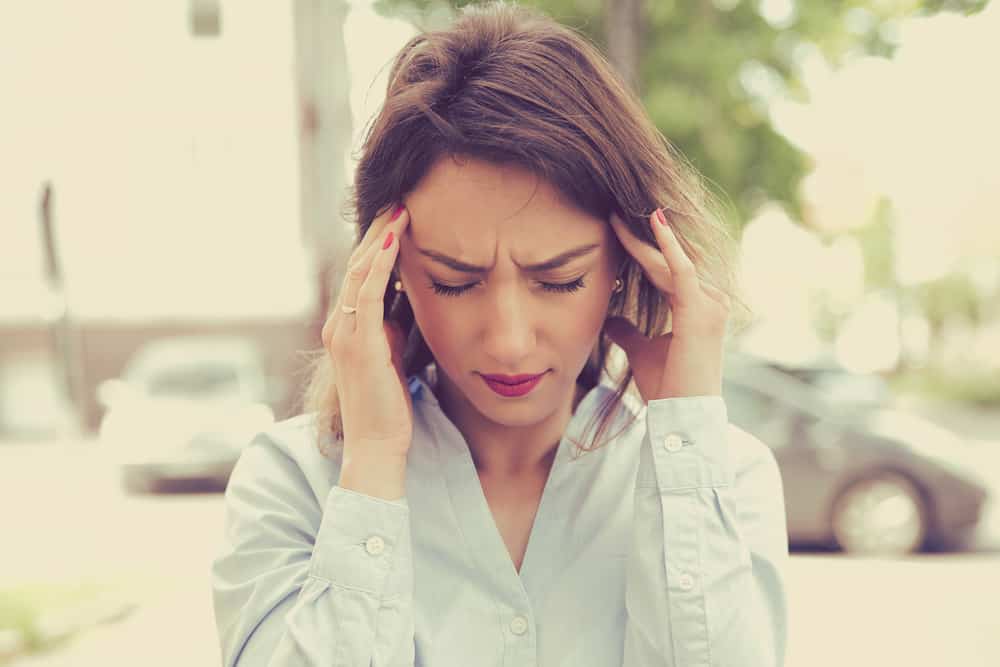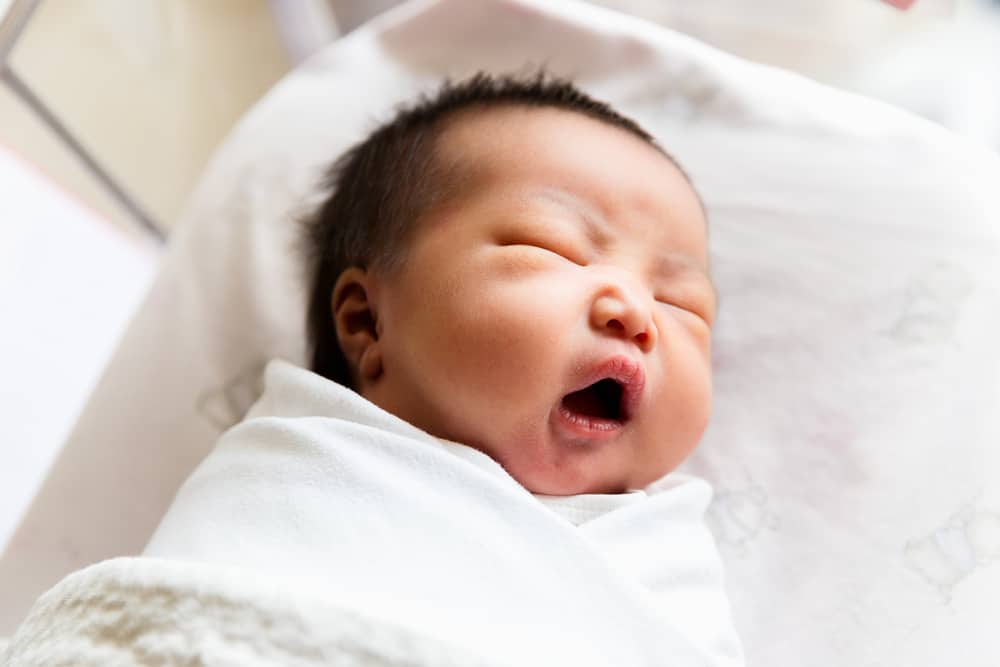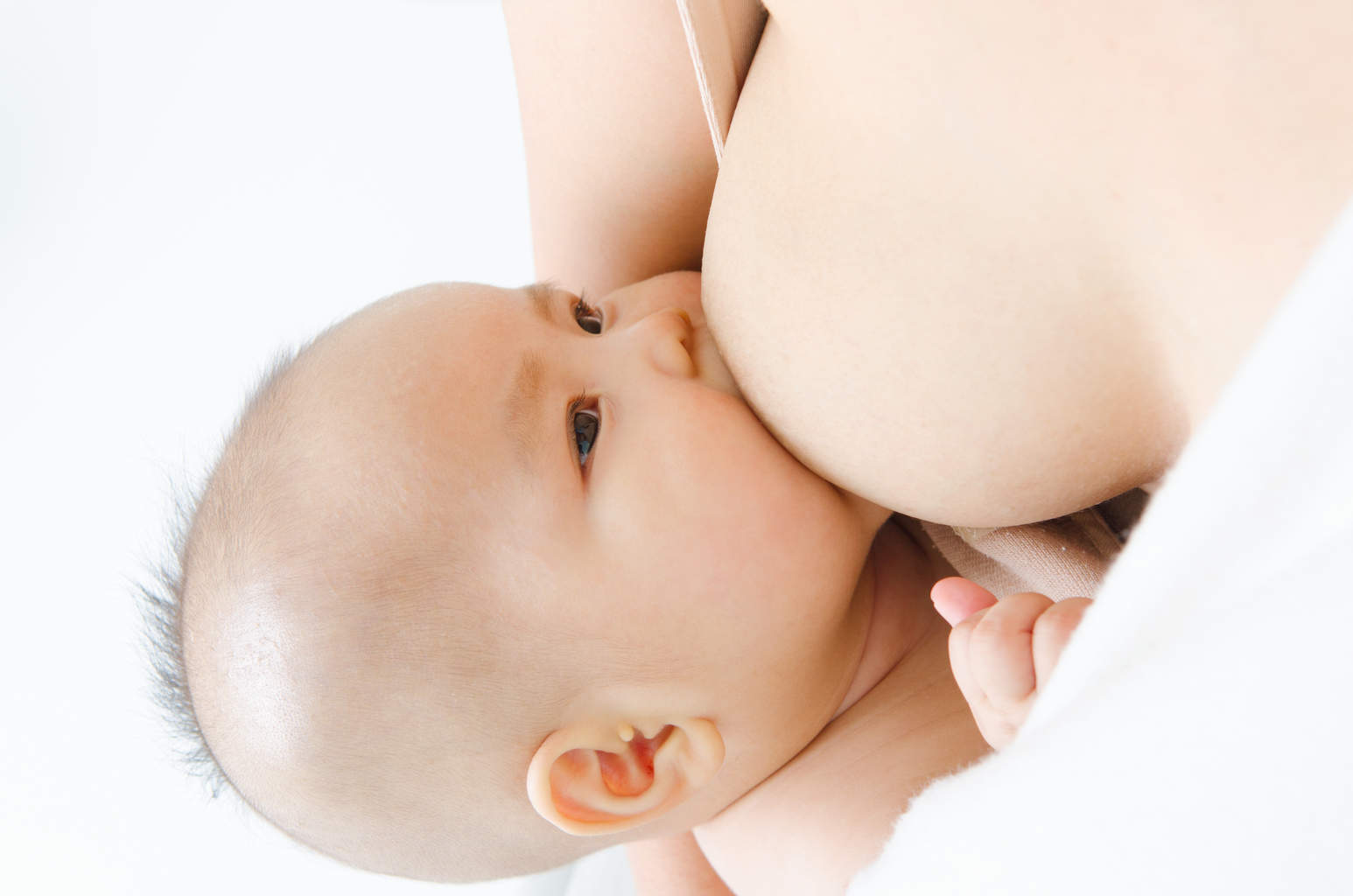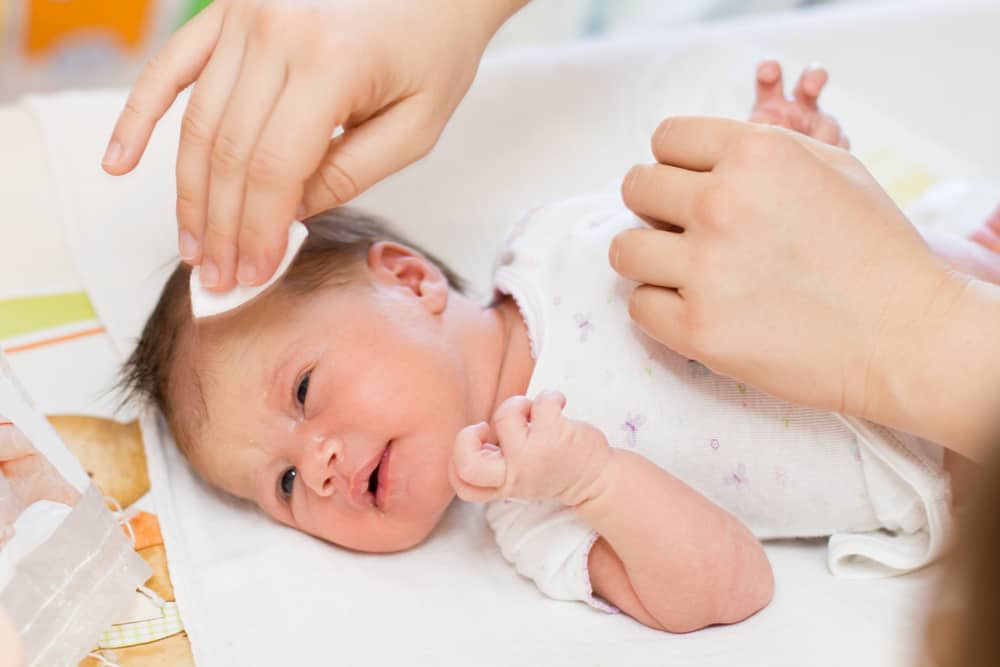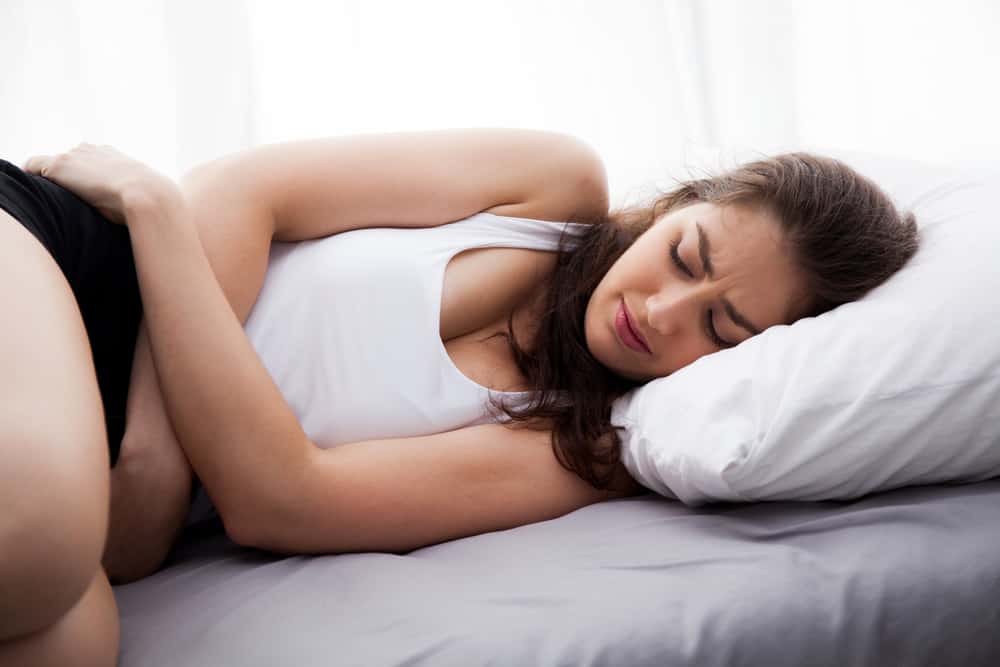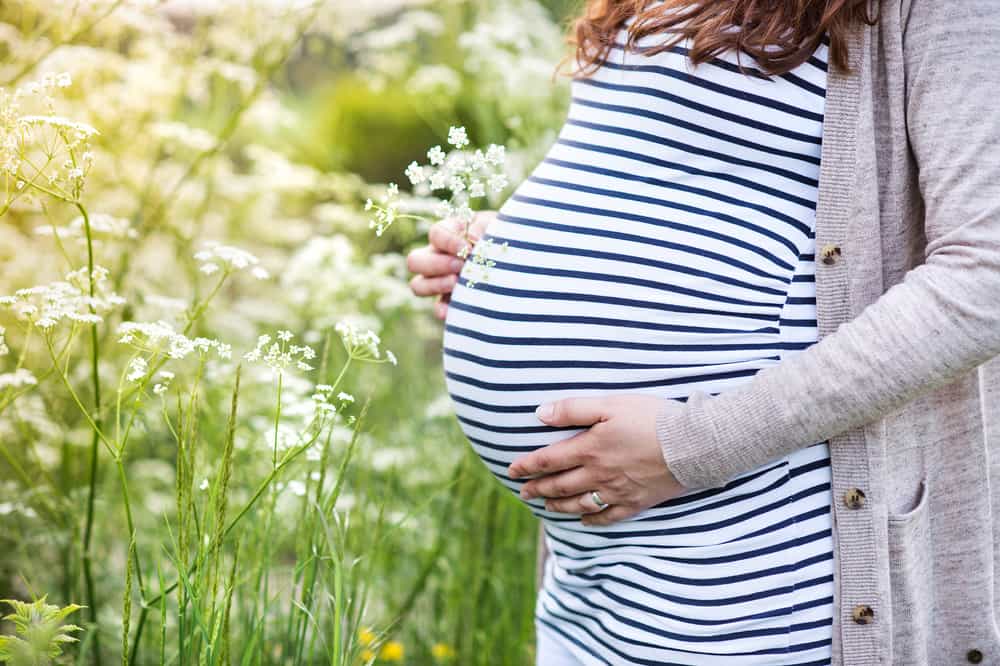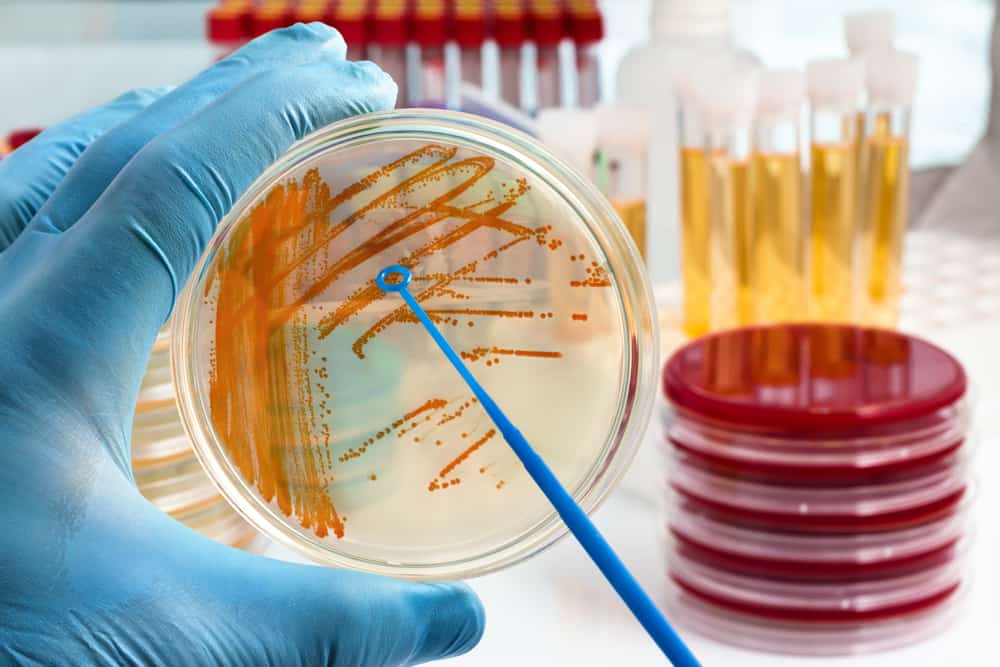Contents:
- Medical Video: What Causes Menstrual Cramps?
- What causes excessive menstrual pain?
- Causes of abdominal cramps that are not caused by menstruation
- What symptoms may be experienced along with menstrual pain?
- How do you deal with menstrual pain?
Medical Video: What Causes Menstrual Cramps?
Often symptoms before or during menstruation make women uncomfortable. Hormonal changes during menstruation can make women experience mood swings and pain in the body. The pain that can be felt is breast pain, usually the shape of the breast changes or swells. In addition, women will also experience abdominal pain or abdominal cramps. This pain can feel heavy, it can also feel light.
You may have heard the term dysmenorrhea. Yes, this is a medical term for pain due to menstruation. There are two types of dysmenorrhea; primary dysmenorrhea and secondary dysmenorrhea.
Primary dysmenorrhea is menstrual cramps commonly encountered. Pain occurs in the lower abdomen or back. Cramps that occur can be short or last for three days. This pain will decrease with the age of the woman and when you have given birth to the first child. While secondary dysmenorrhea is pain caused by problems in the female reproductive organs. In secondary dysmenorrhea, pain occurs early in the menstrual cycle and lasts longer.
What causes excessive menstrual pain?
Menstrual pain is caused by excessive uterine contractions, in which the uterus experiences a condition that tightens and relaxes so that blood runs out of the uterus. The lining of the uterus releases a special chemical called prostaglandin. When this chemical is released from the uterine wall, the strength of the contraction increases. This usually occurs for days during menstruation. High prostaglandin levels can cause severe abdominal pain and cramping. Pain during menstruation is sometimes not identified. However, there are also some things that make you more at risk of experiencing menstrual pain, such as:
- Women under the age of 20; as explained above, the increasing age, the less painful the pain
- Have a family with a history of experiencing pain during menstruation
- Smoke
- Heavy bleeding during menstruation
- Having irregular cycles
- No or not have children
- Experiencing early puberty (puberty before age 11)
Causes of abdominal cramps that are not caused by menstruation
In the case of secondary dysmenorrhea, menstrual pain may actually be a symptom of a medical condition, such as:
- Premenstrual Syndrome (PMS)
- Endometriosis (a condition in which the uterine lining grows in other parts of the body)
- Fibroids in the uterus (benign tumors)
- Pelvic inflammatory disease (including sexually transmitted diseases that infect the uterus, fallopian tubes, ovaries)
- Sexually transmitted infections
- Adenomyosis (a condition in which the uterine lining grows into the muscle wall of the uterus)
- Cervical stenosis (small cervix which slows menstrual flow)
What symptoms may be experienced along with menstrual pain?
Abdominal pain, both severe and mild, can be accompanied by the following symptoms:
- Nausea
- Gag
- Sweating
- Dizziness
- Diarrhea
- Constipation
- Bloated
- Headache
- Feeling like floating
How do you deal with menstrual pain?
Pain during menstruation can sometimes interfere with women's activities. You can do a number of ways to reduce excessive abdominal pain:
- Get enough rest
- Avoid foods that contain caffeine and salt. Caffeine can act as a vasoconstrictor (can constrict blood flow that triggers pain) and as a vasodilator (can increase blood flow). The effect of caffeine is actually only temporary and sometimes it won't affect you if you are a caffeine addict. In addition, caffeine can also cause changes in mood and anxiety.
- Avoid smoking and drinking alcohol. According to Dr. Jennifer Leighdon Wu, an obstetrician / gynecologist at Lenox Hill Hospital in New York City, quoted by Reuters, can also act as a vasoconstrictor.
- You can gently massage your stomach
- Exercising can also prevent excessive pain
- Bathe with warm water
- Eat nutritious food
- Do relaxation, like yoga
- Take vitamin B6, B1, vitamin E and omega 3 fatty acids
- Raise your feet up
- Avoid stress
If the pain does not heal, the usual recommended treatment is ibuprofen and birth control pills. Usually women who take birth control pills will not experience severe menstrual pain.
READ ALSO:
- Is Soda Really Causing More Menstrual Blood?
- Can Pregnant If Irregular Menstrual Cycles?
- 5 Tips for Overcoming Menstrual Pain Without Medication

